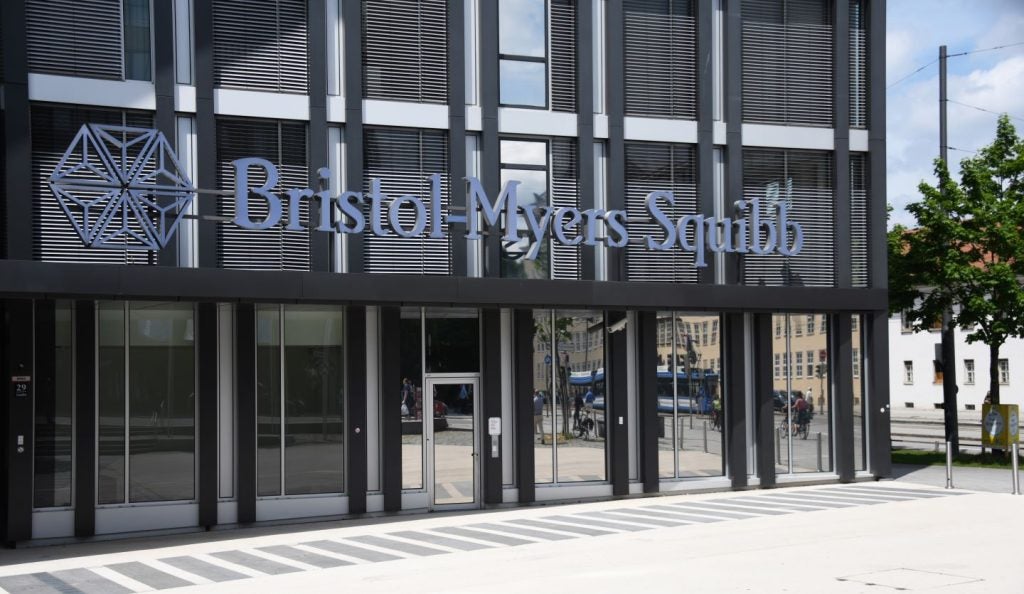Bristol Myers Squibb (BMS) has reported that the Phase III CheckMate -67T noninferiority trial of subcutaneous nivolumab for advanced or metastatic clear cell renal cell carcinoma (ccRCC) met its co-primary endpoints.
The subcutaneous nivolumab comprises a subcutaneous dose of Opdivo formulated along with recombinant human hyaluronidase (rHuPH20) of Halozyme.
The open-label, randomised trial analysed subcutaneous nivolumab versus intravenous (IV) Opdivo in 495 advanced or metastatic ccRCC patients who have received systemic treatment previously.
Time-averaged serum concentration for 28 days (Cavgd28) and trough serum concentration at steady-state (Cminss) of subcutaneous nivolumab compared with IV Opdivo were the trial’s co-primary endpoints.
According to the latest findings, subcutaneous nivolumab was found to have non-inferior Cavgd28 and Cminss versus IV Opdivo, meeting the co-primary endpoints.
The subcutaneous formulation had non-inferior objective response rate (ORR) compared to IV Opdivo, a crucial secondary endpoint of the trial.
The safety profile of subcutaneous nivolumab was in line with the IV dose.
A programmed death-1 (PD-1) immune checkpoint inhibitor, Opdivo is approved globally for various indications.
Bristol Myers Squibb vice-president and global programme lead Gina Fusaro said: “We are delighted that the results of CheckMate -67T demonstrate that subcutaneous nivolumab delivers non-inferior pharmacokinetics, in addition to objective response rate and safety data consistent with IV Opdivo.
“We believe this new option, given as a single injection administered in less than five minutes, could transform the treatment experience for both patients and physicians.”
The company will hold talks with various health authorities on the regulatory submission for subcutaneous nivolumab for various indications in the future.
Earlier this month, BMS reported data from the POETYK PSO long-term extension trial of Sotyktu (deucravacitinib) to treat moderate-to-severe plaque psoriasis.









